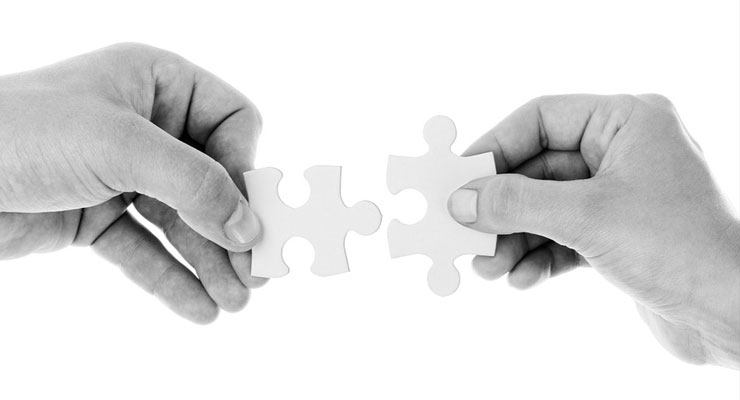
An introduction to Paine’s principles of the structure of democracy
The mechanisms that were central to Paine’s political theories are rooted in his ideology of first principles. The basic foundation of these principles is equality, and as a direct result, justice. If equality is practiced, then all people share equal justice. His first principles built the structure of democracy.
“Mankind being originally equals in the order of creation, the equality could only be destroyed by some subsequent circumstance…” Common Sense 1776
“WHEN a people agree to form themselves into a republic (for the word REPUBLIC means the PUBLIC GOOD, or the good of the whole, in contradistinction to the despotic form, which makes the good of the sovereign, or of one man, the only object of the government) when, I say, they agree to do this, it is to be understood, that they mutually resolve and pledge themselves to each other, rich and poor alike, to support and maintain this rule of equal justice among them. They therefore renounce not only the despotic form, but the despotic principle, as well of governing as of being governed by mere Will and Power, and substitute in its place a government of justice.” Dissertations on Government 1786.
The structure of his democratic theory is like a house: the foundation of that house is equality and justice – everything else rests upon it. If this principle is compromised and weakened, the whole structure is vulnerable to corruption and oppression. Inherent in the equality/justice principle is rights – both natural and civil, civil arising from natural rights. These are inherent, and received upon birth, without exception. Defending these rights is the object of democratic government.
The four supports that construct the walls of the structure, resting on this foundation, consist of 1) rejection of precedent, 2) no one should live worse off than in the state of nature, 3) recognizing the natural sociability of humanity, and 4) Enlightenment reason. A few thoughts on each:
1) Precedent got us into the problems of government. They represent the failures to ensure equality and justice. Precedent is the “originalist” interpretation of the Constitution; it’s the way things were always done, so they become the excuse to maintain “tradition”; it is the wall preventing people from building the democratic structures of a better world, and instead reinforce the structures that promote elitism, privilege, and injustice.
2) If civilization progressed, why are masses of the people worse off than if they lived in small groups in nature? That is not progress. The well-being of every person is what democracy insists upon; if many or most people live worse off than in small groups in nature, civilization is not progressing but regressing. Why is another discussion.
3) Humanity evolved as a social animal; that natural sociability is the basis of democracy. Building upon it is fundamental to democracy.
4) The basis of knowing and using the real world around us must be the only basis for knowledge, applying that knowledge to solve problems. Anything else, invented to confuse, manipulate, and confuse the people in their decision-making, is then anti-democratic.
On top of this structure is a roof that protects the structure from outside elements. The roof consists of constitutions and democratic structures and laws.
The bizarro world of Edmund Burke says the opposite. It is the political theory of oligarchy. The foundation is order, not equality; his four pillars are “defending historical precedent”; follow “tradition” not Enlightenment; continuity not change for the better; and humanity as a collection of “disconnected individuals”. Its roof is prescription and elite rule, not a democratic order.
You can see how Paine challenged the entire philosophical structure of not only 18th century life and custom, but the life and custom of most of the world today.
Part III: Libertarianism is anti-democratic. Paine was not a libertarian.
Kerry Cort says
Thank you for the article and your work focusing on Thomas Paine. I’ve only become acutely aware of him in the last year and from what I’ve seen, view him as the epitome of a true patriot. Our country would definitely do well to look to his example and his views on democracy to help us find our democratic roots again.